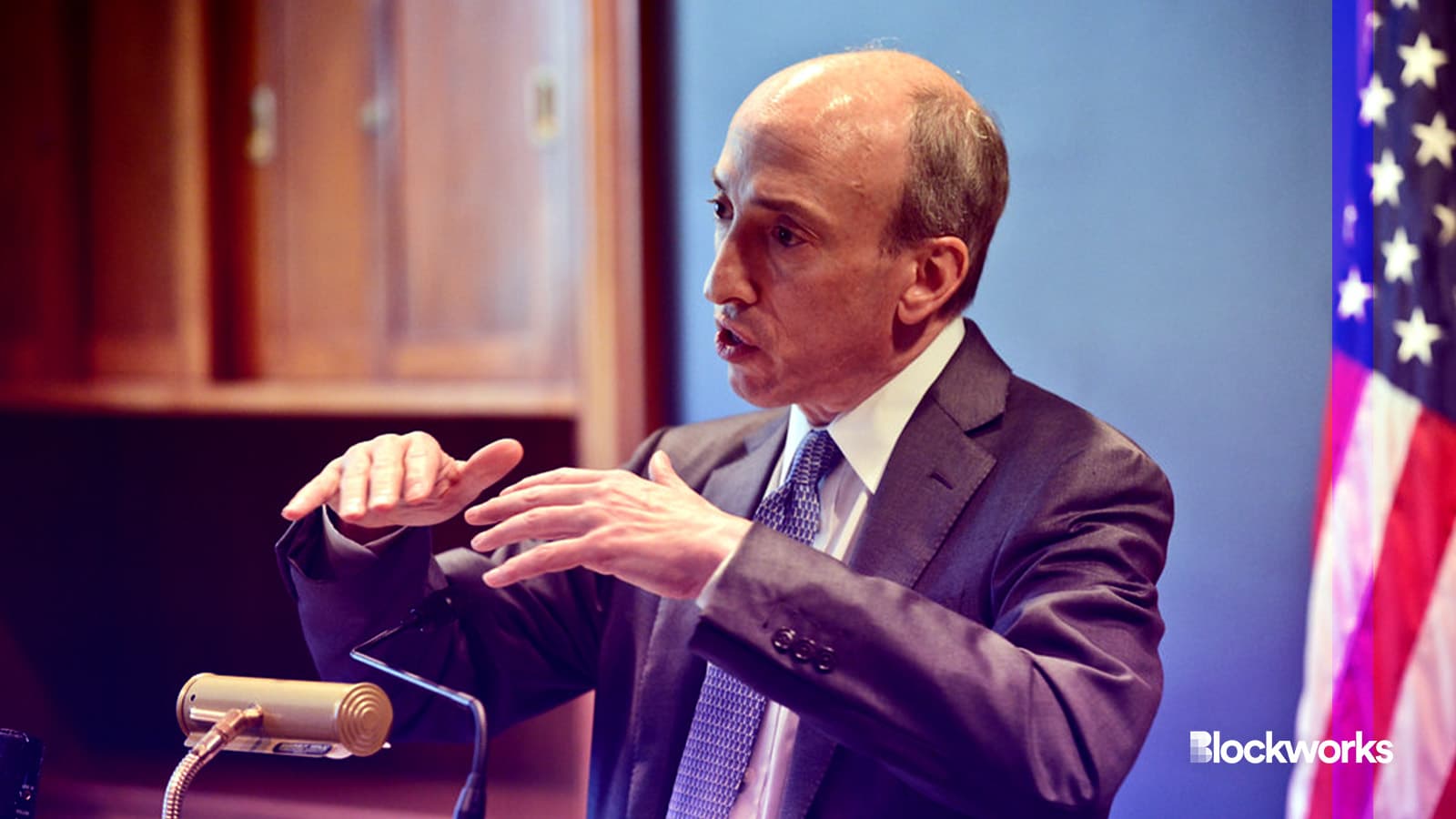SEC failed to follow the Congressional Review Act, may have broken the law
The SEC needed to submit its controversial crypto accounting rule for Congressional review prior to publishing the bulletin, GAO says

SEC Chair Gary Gensler | Source: Third Way Think Tank "Gary Gensler" (CC license)
The US Government Accountability Office found that the Securities and Exchange Commission did not follow the Congressional Review Act in issuing Staff Accounting Bulletin 121.
SAB 121 was first issued back in March 2022. It said that the crypto assets of bank customers should be held on the balance sheet of the banks. But, GAO argues, it never should have been issued without Congressional review first due to it falling under the criteria of rule.
Before a rule can take effect under the CRA, the regulatory agency needs to file a report with the House of Representatives, the Senate and the Comptroller General.
The SEC initially issued it to provide “interpretive guidance.” However, GAO argues, the bulletin is not an “agency action.”
“We conclude the Bulletin is a rule for purposes of CRA because it meets the APA definition of a rule, and no exceptions apply,’ GAO wrote Tuesday.
“In its response to us, SEC maintained that the Bulletin is not subject to CRA because it does not meet the APA definition of a rule as it is not an ‘agency statement’ of ‘future effect,’” GAO continued. It added it disagreed with the SEC’s findings.
Additionally, GAO found that none of the exceptions applied to the bulletin.
The findings led legal and policy commentators on X to weigh in.
Blockchain Association’s Jake Chervinsky posted, “This is a clear statement from a federal agency that the SEC broke the law.”
Ripple’s chief legal officer said, “Seems the SEC has become the lawless Wild West Gensler loves to talk about so much.”
And Digital Chamber of Commerce’s Cody Carbone posted, “The GAO reviewed this proposal at the request of a member of Congress. This will be brought up for a vote of disapproval. Each chamber of Congress now has until Dec. 31 to pass a resolution of disapproval to invalidate the rule.”
He echoed Chervinsky by saying that the SEC “failed to comply with the law.”
SEC Commissioner — and frequent critic — Hester Pierce pushed back against the bulletin at the time, arguing that it was a “scattershot and inefficient approach to crypto.” She also labeled it “unusual.”
Get the news in your inbox. Explore Blockworks newsletters:
- The Breakdown: Decoding crypto and the markets. Daily.
- 0xResearch: Alpha in your inbox. Think like an analyst.






